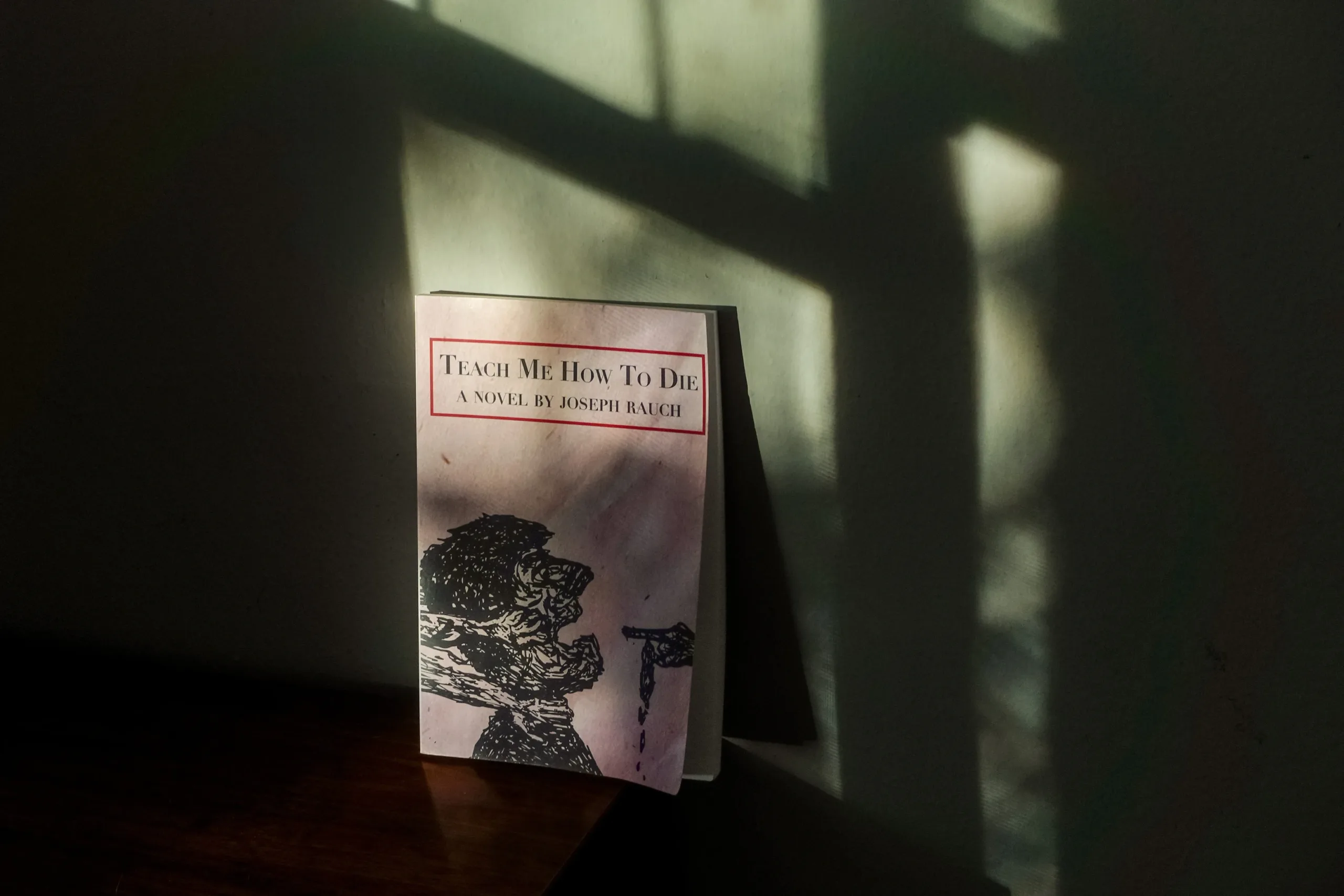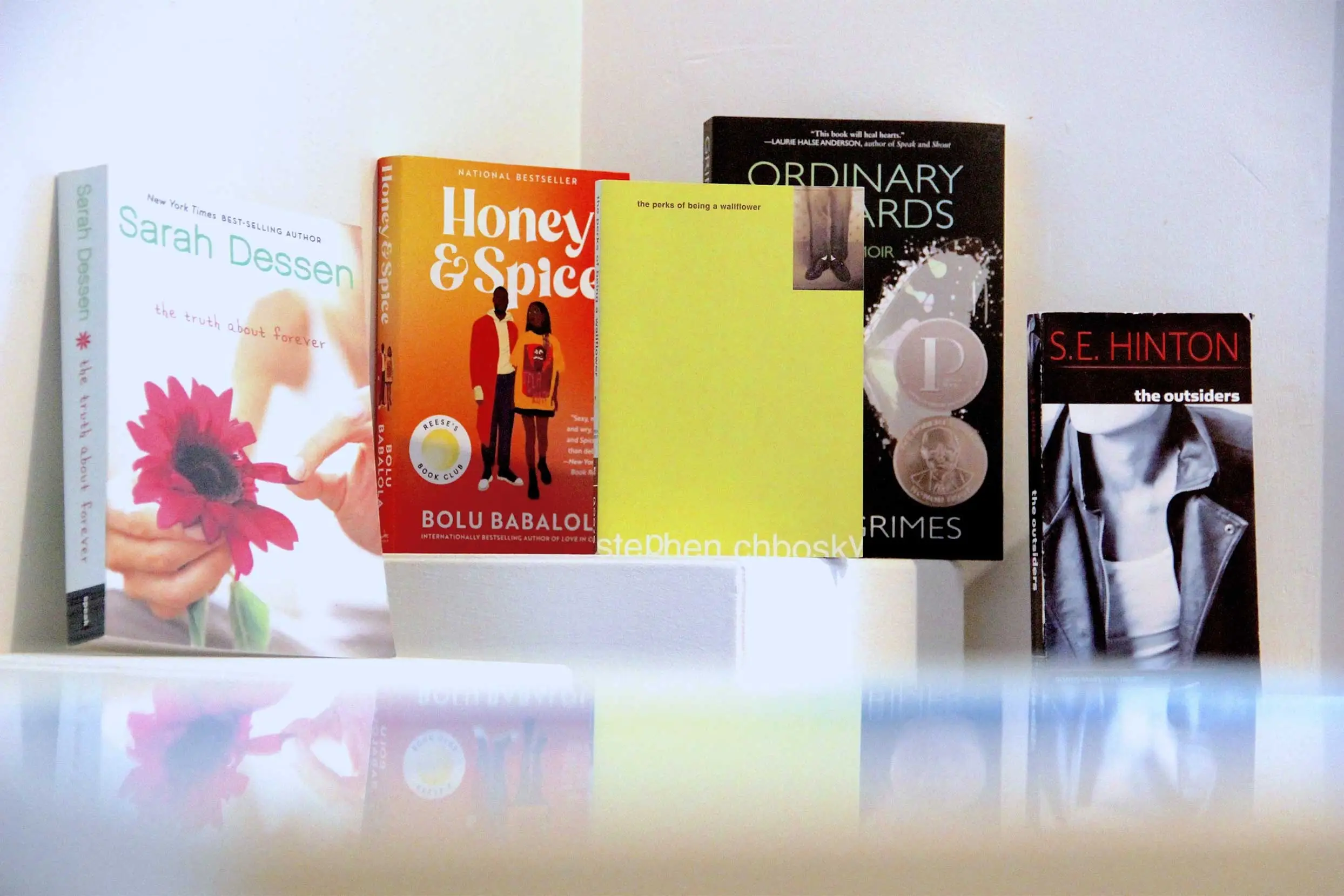When I released my debut novel, “Teach Me How To Die,” many readers asked if I would write a sequel. I had not been expecting the question.
Spoiler alert (read the book first and then come back to this article if you don’t want to risk a spoiler): I think “Teach Me How To Die” has one of the most conclusive endings you can imagine. The main character makes peace with his existence and dissolves into nothingness. Every plot and character thread is resolved.
Based on these readers’ other questions and comments, I could tell they read 100% of the book. They knew the ending, yet they felt a sequel was feasible. There was hope and expectancy in their tone.
It was flattering. Because they loved my story and characters, they wanted more. To avoid disappointing them, a part of me was tempted to say yes.
I didn’t want to make empty promises, though. I said no, not now, probably not ever.
I’m not the kind of author who is likely to write a sequel or series. Life inspires ideas that come to me naturally. I don’t set aside time for brainstorming new novel concepts. At the time of writing this article, I have 75%-baked ideas for at least three more books, and all of them are standalone.
It’s not that I judge authors who plan uninspired sequels and series for monetary gain. As you can tell by looking at my online presence, I run a business around my books and worldview. I want to make lots of money so my passions can power a mutual aid operation and support a comfortable middle class lifestyle. My approach is to create content marketing for my products, not to create my products with marketing in mind.
Even after learning all of this information about my mindset and brand, some readers pushed for my second novel to have a sequel as well. Let’s say I did write a sequel that was more fueled by reader demand and potential profit than intrinsic motivation. I’d bet my life savings that at least a few readers would have this comment: “It’s not as good as the first one.”
Of course, a sequel is not enough to satiate some people. When I was frequenting literary events and conferences where authors studied how to pitch to agents, I often heard the phrase, “even better if it’s a series.” A series means a minimum of a trilogy. Why not have three trilogies? Any multiple of three, any multiple at all.
It’s a vicious cycle. When we love a standalone story, we create its sequel, then a series, then multiple series and spinoffs of those series, and then an entire universe that gets rebooted several times over the course of many decades. By the time all of this content is produced, we look back and agree most of it is inferior to the original.
No ending can have complete finality. “Endgame” was not the end of the main Marvel Cinematic Universe we had been following since “Iron Man.” No one asked for it, yet there had to be a fourth “Toy Story” movie. Think of all the wonderful new stories we would have bandwidth for if there were only a few less sequels and series.
One of my favorite commentators, Arin Hanson of Game Grumps fame, popularized the word, “sequelitis.” His context is far different from mine, but I like that the word has a connotation of pathology. The desire for a sequel has become compulsive, obsessive, destructive, infectious, out of control. Instead of evaluating sequel potential on a case-by-case basis, our default expectation is a Mobius strip of content.
Endings, like mortality, are bittersweet and beautiful because they offer permanent respite from one form of existence. So far my readers — even the ones who asked for sequels — have respected my decision to write standalone works. They haven’t complained or pressured me. I greatly appreciate their understanding. I hope they continue this attitude, and I wish the same situation for every author.
When you want a story to continue, pause for a moment and consider the legacy of what you love. Is more always better?
If you really want it to continue that badly, you can write fan fiction instead of nagging the author. Then you can turn that fan fiction into something seemingly original. It worked out pretty well for E.L. James.







